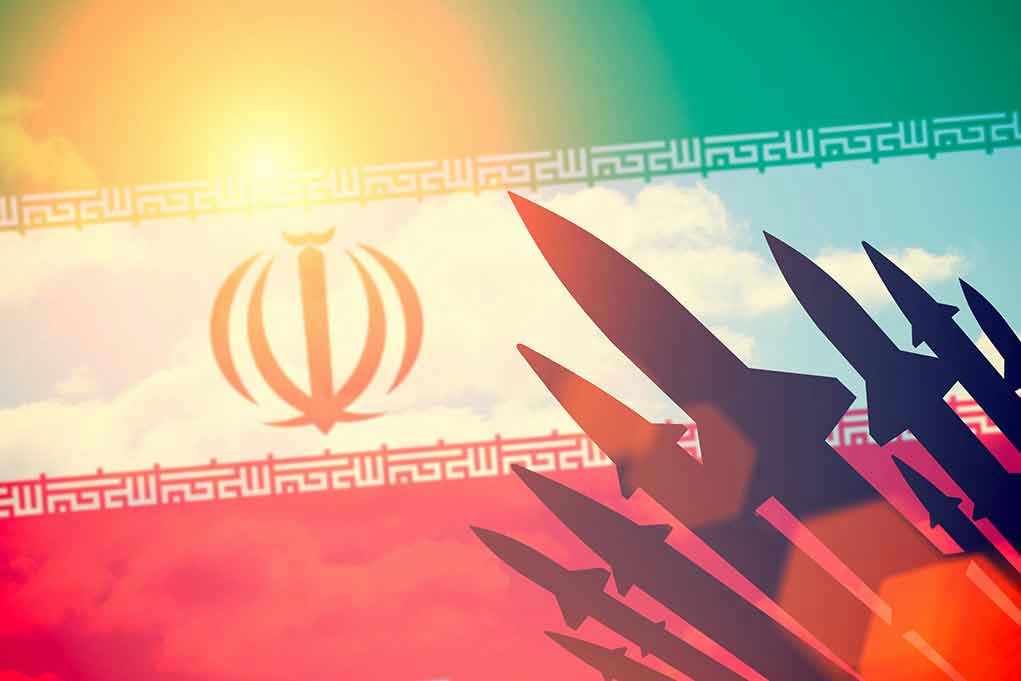
A surge in executions and mass arrests in Iran threatens to escalate tensions in the Middle East, as the regime cracks down on alleged Mossad operatives amid a backdrop of covert warfare and international outrage.
Story Snapshot
- Iranian authorities arrested 20 suspected Mossad agents and promise severe punishment to deter future espionage.
- Executions for spying on behalf of Israel have sharply increased, including the recent public execution of nuclear scientist Rouzbeh Vadi.
- The crackdown follows a major military conflict with Israel, which damaged Iran’s nuclear capabilities and exposed security vulnerabilities.
- International observers and experts warn of possible human rights violations and further deterioration of Iran-Israel relations.
Iran’s Crackdown on Alleged Mossad Operatives Signals Escalating Hostilities
In the wake of a devastating 12-day war with Israel, Iranian authorities announced the arrest of 20 individuals accused of operating as agents for Israel’s Mossad intelligence service. This move comes after Israeli airstrikes in June 2025 killed an Iranian nuclear scientist, Rouzbeh Vadi, whose subsequent execution for espionage was widely publicized. Promising to make examples of those detained, Iran’s judiciary has pledged no leniency, framing the crackdown as necessary to protect national security and deter foreign intelligence threats. Most suspects remain under investigation, while a minority have been released after charges were dropped.
The arrests mark one of the largest anti-espionage sweeps in recent Iranian history and reflect a heightened state of vigilance since the summer’s military conflict. Iranian officials, including judiciary spokesperson Asghar Jahangiri, have publicly asserted that these actions are essential to safeguard the nation’s sovereignty and nuclear program. The government’s messaging has emphasized resilience and control in the face of international sanctions, economic hardship, and pressure to demonstrate authority. Iran’s intelligence and security forces continue to investigate the alleged Mossad network, with full details on the detainees yet to be disclosed.
Historical Roots: Covert Warfare and Intensified Security Measures
The adversarial relationship between Iran and Israel is deeply rooted in decades of covert operations, cyberattacks, and proxy conflicts. Mossad has been repeatedly accused by Iran of orchestrating assassinations and sabotage targeting nuclear and military assets. Previous incidents include periodic public announcements of spy ring busts and the killing of Iranian scientists linked to the nuclear program. The recent arrests and executions follow a pattern of intensified security measures in response to perceived threats, especially as Iran faces severe international sanctions, energy shortages, and rising unemployment.
This context has driven Iranian authorities to demonstrate control and resolve, targeting alleged foreign operatives and promoting a hardline stance. Such measures are intended to bolster domestic legitimacy and deter further intelligence breaches. However, the aggressive approach has prompted criticism from international observers, who cite concerns about due process, transparency, and the lack of detailed evidence against those detained. The precise number of suspects released remains unclear, and information on the ongoing investigations is limited due to the secretive nature of intelligence and judicial proceedings.
Consequences for Iran’s Nuclear Sector, Society, and International Relations
The fallout from the crackdown is far-reaching, with immediate and long-term implications for Iran’s nuclear sector, scientific community, and broader society. The loss of expertise due to arrests and executions disrupts progress in nuclear research and heightens uncertainty among professionals in sensitive fields. Families of detainees and executed individuals face profound social and psychological impacts, while the general public experiences increased surveillance and state control. Economically, continued sanctions and instability are exacerbated by international condemnation of Iran’s execution policies.
20 alleged Mossad spies arrested in Iran, regime says, amid threat of executionhttps://t.co/fydiJzprNt
— Alex 🇺🇸 (@A_L_E_X_V_E_G_A) August 9, 2025
Politically, the government’s actions strengthen hardline elements and foster a climate of fear and mistrust. Experts argue that such crackdowns often follow major security breaches or military defeats, serving to rally domestic support and distract from economic difficulties. The escalation of covert operations and counterintelligence efforts intensifies the intelligence war with Israel, further straining diplomatic relations and contributing to regional instability. Analysts caution that while publicizing arrests and executions may deter espionage, it risks deeper isolation and international backlash.
Expert Perspectives and Ongoing Uncertainties
Industry analysts and scholars highlight the surge in executions as indicative of regime insecurity and a deliberate strategy to reassert control after military setbacks. Iranian officials maintain that these measures are necessary for national pride and security, but international observers question the fairness and transparency of the judicial process. Reports from multiple reputable news outlets confirm the arrests and executions but note gaps in granular details, such as the identities of accused operatives and the evidence presented. As investigations continue, the lack of disclosure fuels ongoing concerns about human rights and the broader consequences of Iran’s crackdown.
Sources:
Iran Arrests 20 Suspected Mossad Operatives, Vows Harsh Punishment
No Leniency: Iran Announces Arrest of 20 ‘Zionist Agents’
Iran Arrests 20 Alleged Spies of Israel
Iran Arrests 20 Alleged Spies of Israel




